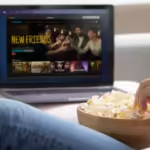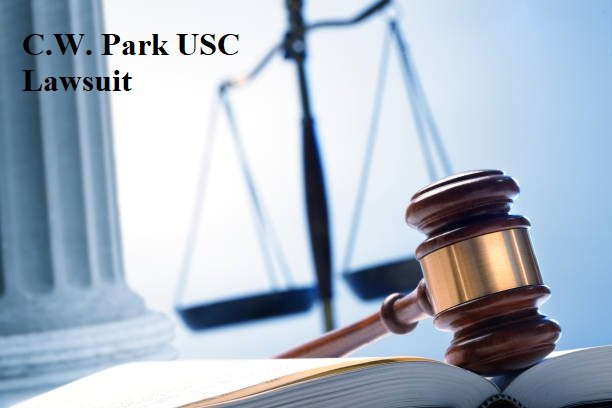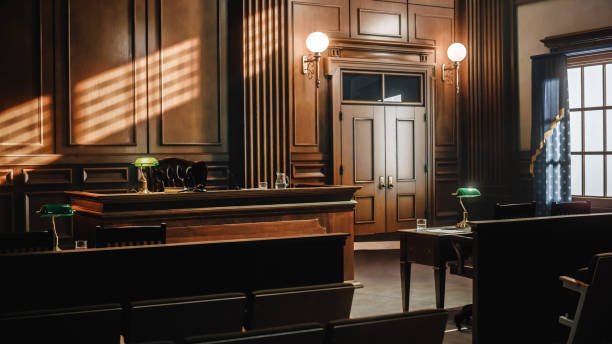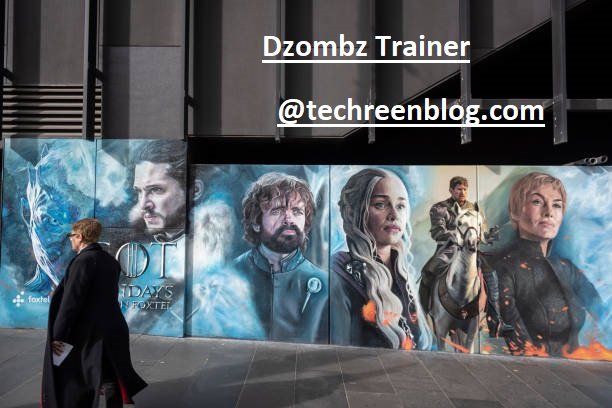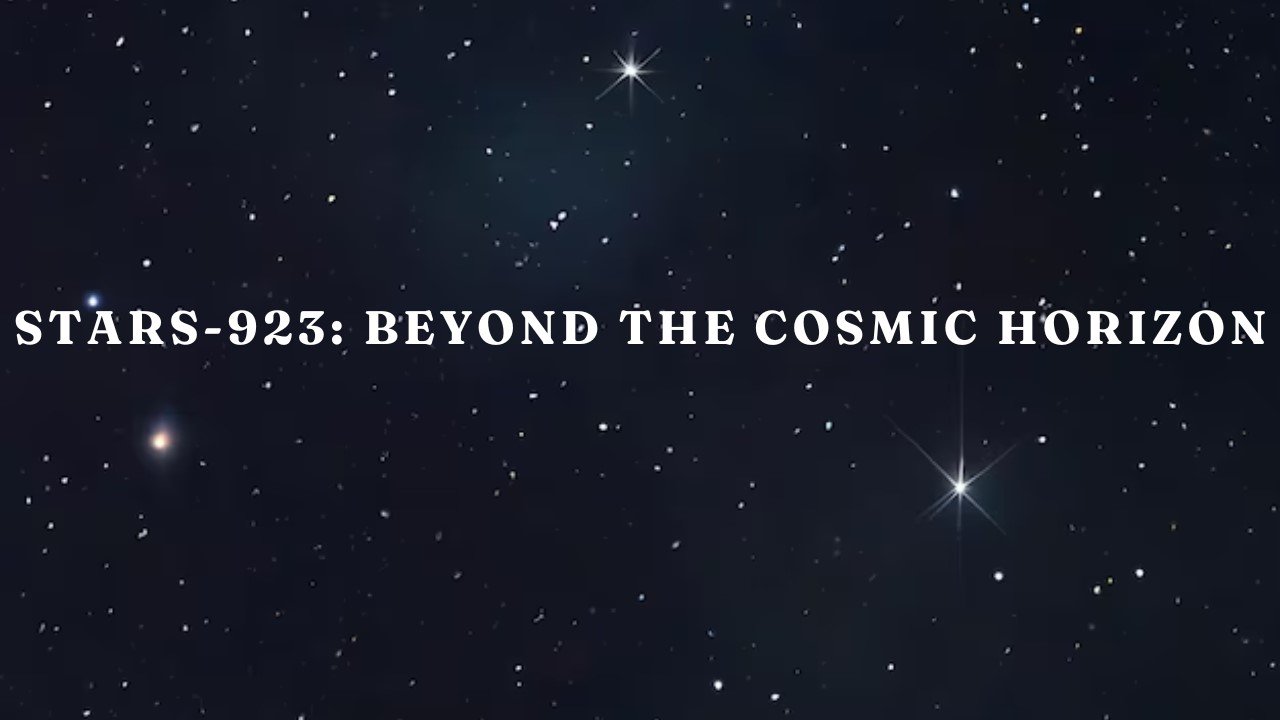Introduction:
The C.W. Park USC lawsuit has sparked extreme scrutiny and debate inside educational and felony circles, losing light on issues of discrimination, academic integrity, and institutional accountability. As allegations of misconduct continue to unfold, the case increases critical questions about the obligations of universities, the rights of faculty individuals, and the pursuit of justice in higher training.
Background of the Case: C.W. Park USC lawsuit
The controversy surrounding the C.W. Park USC lawsuit stems from accusations of research misconduct and retaliation against a prominent college member at the University of Southern California (USC). Dr. C.W. Park, an outstanding professor acknowledged for his contributions to the sector of advertising and marketing, discovered himself embroiled in a criminal conflict after raising issues about statistics manipulation and ethical violations inside his branch.
Allegations and Investigations:
Central to the lawsuit are allegations that Dr. Park’s colleagues engaged in unethical study practices, which include falsification of statistics and fallacious authorship attribution. Despite elevating these concerns internally and searching for recourse via USC’s set-up channels, Dr. Park faced resistance and retaliation from college administrators, leading him to pursue legal action to protect his popularity and educational integrity.
Legal Proceedings and Court Decisions:
The felony war of the C.W. Park USC lawsuit has unfolded in more than one degree, with each segment bringing new revelations and demanding situations. From initial proceedings filed with the college’s Office of Equity and Diversity to the next complaints alleging defamation and breach of agreement, the case has navigated complicated prison terrain, drawing attention from pupils, criminal specialists, and advocacy companies.
Implications for Academic Freedom:
At the heart of the C.W. Park USC lawsuit is the principle of educational freedom, which protects scholars’ rights to pursue studies, and specific ideas, and interact in intellectual inquiry without fear of reprisal or censorship. The case raises vital questions about the limits of academic freedom and the duties of establishments to uphold moral standards whilst safeguarding college members’ rights.
Impact on Institutional Reputation:
The fallout from the C.W. Park USC lawsuit has forged a shadow over USC’s popularity as a leading research college, prompting questions on its commitment to academic integrity and transparency. As the case continues to unfold, USC faces scrutiny from stakeholders, consisting of college students, alumni, donors, and accrediting our bodies, elevating worries approximately the college’s governance and responsibility structures.
Calls for Reform and Accountability:
In reaction to the controversy, advocates for academic integrity and school rights have called for reforms inside USC and across better education extra widely. Proposals for more transparency, whistleblower protections, and impartial oversight mechanisms purpose to save you destiny times of research misconduct and make sure that scholars can improve issues without the worry of retaliation.
Faculty Support and Academic Solidarity:
Amidst the felony complaints, C.W. Park USC’s lawsuit has garnered assistance from fellow faculty participants and academic colleagues who see his case as emblematic of broader troubles facing pupils in academia. The team spirit shown by faculty unions, professional institutions, and advocacy groups highlights the importance of collective movement in defending academic freedom and promoting ethical research practices.
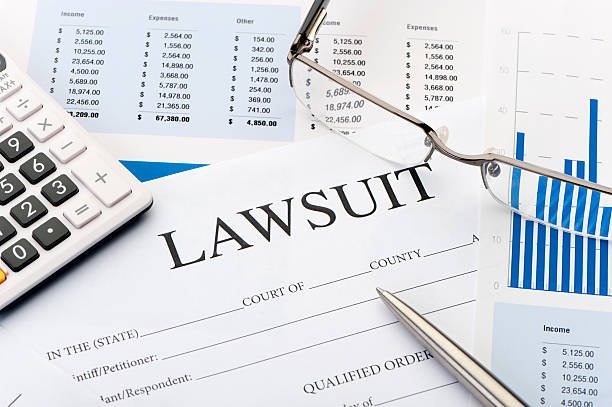
Public Perception and Media Coverage:
The C.W. Park USC lawsuit has attracted widespread media interest, with information retailers and commentators weighing in on the allegations, legal manoeuvres, and implications for higher training. Media insurance has formed public perceptions of the case, influencing public discourse on topics which include research integrity, institutional governance, and the treatment of whistleblowers in instructional settings.
Ethical Considerations in Research: C.W. Park USC lawsuit
Beyond the legal elements, the case prompts reflection on ethical concerns in academic research, including information integrity, authorship ethics, and conflicts of hobby. The controversy surrounding Dr Park’s allegations underscores the importance of strong ethical oversight and adherence to professional requirements in preserving public agreement with and credibility in scholarly endeavours.
Institutional Responses and Reform Efforts:
In reaction to the allegations and felony action, USC has taken steps to address worries raised by Dr. Park and different stakeholders. From internal investigations and coverage critiques to reforms in research oversight and faculty governance, the college has pledged to bolster its dedication to educational integrity and duty, looking for to restore consideration and credibility in the educational community.
Precedents and Legal Precedents:
As the C.W. Park USC lawsuit progresses, felony students and practitioners are intently monitoring tendencies for potential precedents that can form future instances concerning instructional disputes, whistleblower protections, and faculty rights. The final results of the lawsuit could have ways-accomplishing implications for prison requirements and practices in better schooling, placing precedents that impact legal interpretations and institutional guidelines nationwide.
Lessons Learned and Future Outlook:
Ultimately, the C.W. Park USC lawsuit offers precious lessons for universities, policymakers, and pupils alike. By grappling with issues of instructional freedom, research integrity, and institutional responsibility, the case activates crucial reflection on the values and norms that underpin scholarly pastimes. Looking in advance, stakeholders have to remain vigilant in upholding moral requirements, fostering transparency, and safeguarding the principles of educational freedom and intellectual inquiry for generations to come.
Impact on Student Community:
The C.W. Park USC lawsuit has now not most effectively affected school individuals however additionally resonated in the student community. Students can be grappling with questions concerning academic integrity, transparency, and duty inside their group. Understanding the implications of the lawsuit on students’ perceptions of their educational environment and their agreement with the organization is critical for assessing its broader effect.
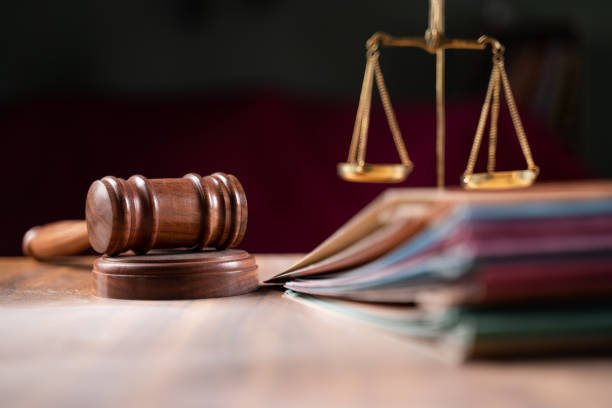
Implications for Academic Governance:
The prison war between the C.W. Park USC lawsuit has introduced interest in issues of educational governance and institutional selection-making approaches. The case increases questions on the function of college administrations, faculty senates, and other governing bodies in addressing allegations of misconduct, protecting educational freedom, and ensuring equity in disciplinary complaints.
International Repercussions and Global Academic Community:
As a famous pupil in the field of advertising and marketing, C.W. Park’s case has reverberated beyond the borders of the United States, resonating within the international academic community. International pupils, instructional institutions, and professional associations may be monitoring the developments closely, considering their implications for research ethics, highbrow assets rights, and academic collaboration on an international scale.
Legal Strategy and Court Proceedings:
A closer examination of the felony strategy hired through both events and the procedural components of the court docket lawsuits can provide insights into the complexities of litigating educational disputes. From pre-trial motions and discovery to witness testimony and evidentiary hearings, expertise in the criminal intricacies of the case sheds mild on the demanding situations and possibilities inherent in looking for legal recourse for alleged academic misconduct.
Potential Reforms in Higher Education Policy:
The controversy surrounding the C.W. Park USC lawsuit has caused discussions about ability reforms in higher education coverage, consisting of whistleblower protections, research integrity recommendations, and faculty rights. Policymakers, legislators, and advocacy agencies may be exploring legislative remedies and institutional reforms aimed at strengthening educational freedom, improving transparency, and promoting duty inside universities and research establishments.
Conclusion
In the end, the lawsuit concerning C.W. Park USC lawsuit represents a multifaceted and complex prison conflict with far-reaching implications for academia, research integrity, and institutional governance. The case underscores the importance of upholding educational freedom, defensive faculty rights, and fostering a lifestyle of transparency and duty within higher education establishments.
As the criminal proceedings continue to unfold, it is critical to recognize the wider implications of the case on the academic network, along with its impact on faculty-pupil relationships, studies collaboration, and the reputation of the organization. Moreover, the debate surrounding the lawsuit catalyzes essential conversations about moral behaviour, intellectual belonging rights, and the function of academic establishments in addressing allegations of misconduct.
Moving ahead, stakeholders in the educational network, such as faculty members, directors, policymakers, and students, need to paint collaboratively to uphold the highest requirements of research integrity, sell equity in disciplinary approaches, and shield the concepts of instructional freedom. By addressing the underlying troubles raised through the lawsuit and imposing meaningful reforms, universities can strengthen their commitment to academic excellence and ensure the integrity of scholarly inquiry for future generations.
FAQ’S
Q1: What is the lawsuit involving C.W. Park USC lawsuit about?
A1: The lawsuit revolves around allegations of research misconduct and wrongful termination filed with the aid of Dr. C.W. Park, a former faculty member at the University of Southern California (USC). Park alleges that USC retaliated towards him after he raised issues approximately studies integrity and ethical violations inside the college.
Q2: What precise allegations does Dr. Park make against USC?
A2: Dr. Park alleges that USC engaged in study misconduct using fabricating and falsifying facts in federally funded study projects. He additionally claims that USC retaliated towards him for whistleblowing by using terminating his employment and unfavourable his expert reputation.
Q3: What are the capacity results of the C.W. Park USC lawsuit?
A3: If the allegations made with the aid of Dr. Park are substantiated, USC may want to face enormous reputational damage, monetary consequences, and ability lack of federal investment. Moreover, the lawsuit can affect the college’s policies and strategies related to analysing integrity and whistleblower protection.
Q4: How has USC replied to the allegations made by way of Dr. Park?
A4: USC has denied the allegations of research misconduct and retaliation, putting forward that it followed installed tactics in managing Dr. Park’s concerns. The university has stated its dedication to upholding the very best requirements of research integrity and moral conduct.
Q5: What are the wider implications of the lawsuit for academia?
A5: The lawsuit involving C.W. Park USC lawsuit raises essential questions about instructional freedom, study integrity, and institutional accountability. It underscores the need for universities to establish sturdy mechanisms for addressing allegations of misconduct and shielding the rights of school contributors and whistleblowers.




